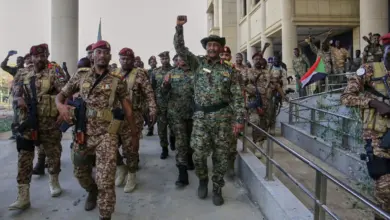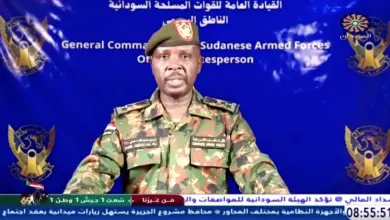Poland will soon run a US-designed computer simulation exercise to help senior officials from Tunisia, Egypt and Libya learn how to manage unstable states in political transition.
The SENSE program was developed by the US Institute for Defense Analyses in the 1990s to help the Balkans after the wars in former Yugoslavia. SENSE allows multiple participants to experience high-pressure decision making – and see the impact of those decisions – in a rapidly shifting, real-time scenario.
The program, the Strategic Economic Needs and Security Exercise, takes into account internal social and political changes, monetary and fiscal policy pressures and geopolitical factors such as regional conflict and sanctions.
Poland, which underwent its own dramatic transition from communism to democracy in 1989-91, has worked closely with the developers of SENSE since 2006 and is now a licensed operator and instructor of the computer model in Europe.
"This is a training program that allows a computer simulation of the whole state with a market economy," said Adam Kulach, the Polish foreign ministry's top ambassador for North Africa affairs and a former diplomat in Saudi Arabia and Libya.
"It's designed for countries that are not stable yet and are at the threshold of political changes," he told Reuters by telephone from Warsaw on Thursday.
"It includes all factors, internal and external, that could influence the functioning of a state and its strategic management – how to maintain stability, how to handle social pressures, how to manage the economy."
A one-week training exercise for Tunisian officials is fixed for later this year and an edition for Egypt will follow. Discussions have taken place with Libya's interim authority, the National Transitional Council, to carry out the training for up to 50 officials in Poland soon.
"They know about the program and they are keen to take part, but they also have to finish the main job on the ground first," said Kulach, a diplomat counsellor in Libya in 1993-99 and ambassador to Saudi Arabia from 2004 to 2010.
"One important element for Libya will be learning how to deal with external support and how to use the money at their disposal. Libya does not need to rely on foreign aid, but they do need to create a state from scratch.
"There is a state there, but it's missing very many basic elements and a mechanism. It's a system without a system."
Since 2006, Poland has run SENSE for a variety of countries in eastern Europe and central Asia, including Moldova, Belarus, Ukraine, Georgia, Serbia, Afghanistan and Azerbaijan.
A NATO member since 1999 and a member of the European Union since 2004, Poland makes detailed use of its recent history to guide participants through post-transition pitfalls.
"Our own transition was complex but ultimately successful," said Kulach. "We have fresh experience and we also know what can go wrong and what could have been done better."
A critical element for any exercise is choosing the right people to take part. SENSE models developments in an imaginary country called Akrona and can involve between 40 and 66 participants at one time, with each 'player' taking on the role of a different official, state actor or business.
An exercise generally consists of two days of conflict management and negotiation training, followed by three days of computer-based simulation and instruction.




